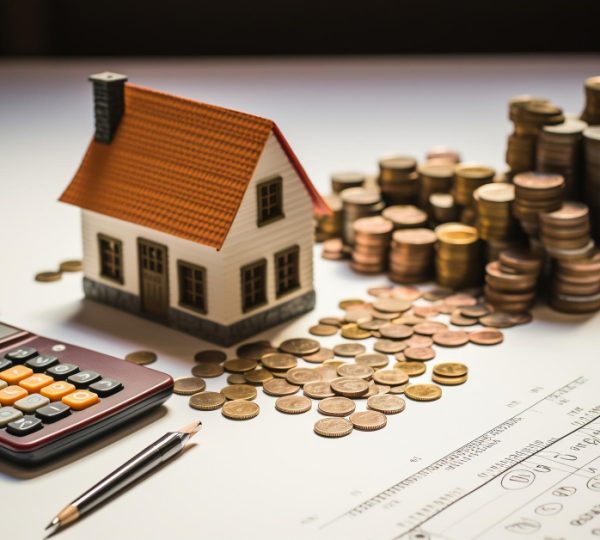What Is a House’s Assessed Value?
A home’s assessed value is the monetary amount assigned to it to determine its property taxes. Every home in a particular tax district has an estimated value determined by a municipal property assessor. A municipality or city employs most assessors. However, others work for a county or a village.
The assessed value of your home will be determined by one of three figures: the market value, the appraised value, or a consistent percentage of either, depending on whether you reside in a city-based or county-based tax area. The market value of a property is the price at which your house would sell in a market with active buyers and sellers. The value of a home, as determined by an appraiser, is known as the appraised value. A residential property must be valued at market value in most states. The assessment is typically less than the appraised value or the market value. Assessors may conclude that the home’s market and appraisal values could be more representative of it. Thus, they determine the assessed value using an assessment rate.

To estimate the assessment value, officials also consider additional pertinent data, such as the values of nearby properties and the past sales of the property. The valuation may be off since the home is typically only inspected after generating this estimate. The town has most certainly over assessed the property, and the owner is likely paying excessive taxes if the assessed value is higher than the fair market value.
Since valuations are only changed once a year and market values might vary often, the assessed value of a home typically needs to catch up to the market value. Compared to a house that hasn’t sold in a while, recently resold homes usually sell for more or less than their assessed worth. Most estimated values can only increase by a set percentage annually, depending on the local laws.
What Factors Affect a Home’s Assessed Value?
An assessor considers data on your home and neighbourhood to arrive at the assessed value while contrasting it with other properties. The appraiser employs the market approach, which determines value based on the prices at which comparable homes have recently sold. The market value of the property and the assessment rate are calculated using this method.
The assessment rate ranges from 0% to 100% and accounts for variables that may increase or decrease a neighbourhood’s house values. These variables include the state of the market, comparable house prices, maintenance costs, depreciation, home upgrades, location, size, amenities, and any other variables the assessor thinks are crucial for a precise valuation. The assessment rate is typically the same for all properties in a given tax jurisdiction.
In many instances, assessors input general information about each property and compare it to other properties to calculate a residence’s assessment rate and market value. This is typically used as a standard for all properties in the neighbourhood but may also result in erroneous values in specific circumstances.
You will pay more in taxes the higher your assessed value is. Due to the quality of the neighbourhood, poorer regions typically have lower estimated values, whereas places with higher residents and more economic activity have higher rated values. These prices can be seen in public property records. You can research a property’s assessed value while considering buying it and contrast it with the asking price. The estimated value, however, is only changed once a year and might not correctly represent the price a homeowner would ask for a home or the price a buyer would pay.
How to Challenge a Property Assessment
You can take various actions to challenge the assessment if you get your property tax bill and believe that your property was not fairly assessed.
First, confirm that your local government’s information on your house is accurate. This includes the measurement, the number of bathrooms, and all the other details that went into calculating your home’s value. Contact your local government to change the information if you need any corrections. If so, compare your tax bill to your neighbours who own similar properties. If this isn’t a feasible alternative, you can compare the appraised worth of your home with the outcome of a professional appraisal, which will cost between $400 and $500.
After examining all the information, if you still feel your property was overvalued, contact your local assessor’s office to contest the assessment and ask for a new appraisal. Generally, you have up to 30 days to object to the measure. However, your local government may set a different deadline. If your second review is successful, you can submit an appeal with or without legal representation before an unbiased board. However, an application fee can be necessary, and your draw might take a year, particularly in a location with many requests.



